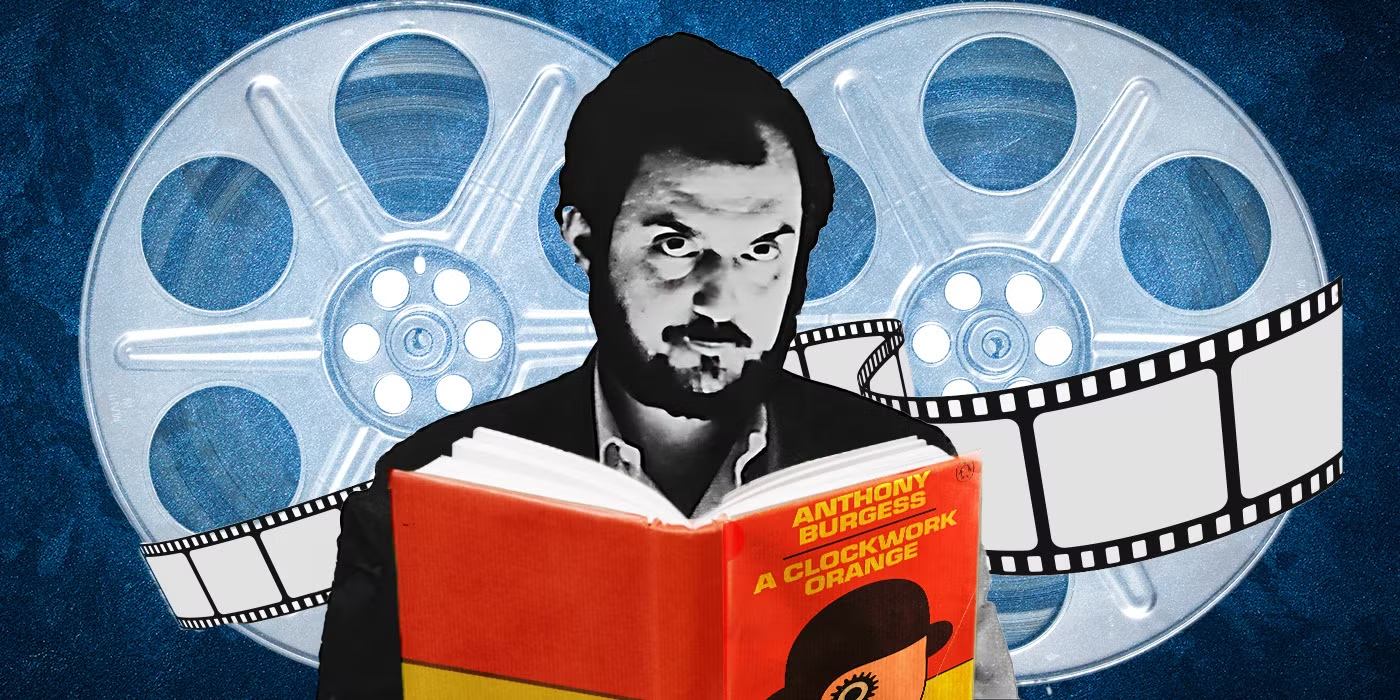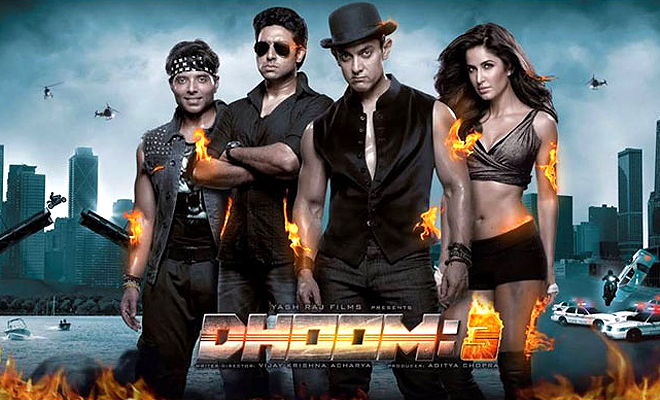
A Clockwork Orange: An Exploration of Dystopia & Free Will
admin
- 0
kfoodfair2015.com – “A Clockwork Orange,” a novel by Anthony Burgess, is a seminal work of dystopian fiction that explores the complexities of free will, morality, and social control. Published in 1962, the novel has left a lasting impact on literature and culture, becoming a touchstone for discussions on individual autonomy versus state control.
A Dark Vision of the Future
Set in a near-future society characterized by rampant youth violence and oppressive government control, “A Clockwork Orange” introduces readers to Alex, a teenage delinquent who revels in acts of violence and crime. The novel’s dystopian setting serves as a backdrop for exploring the darker aspects of human nature and the societal structures that attempt to contain it.
Themes of Free Will and Moral Choice
Central to the novel is the theme of free will. Burgess raises profound questions about the nature of choice and morality, challenging readers to consider whether true morality can exist without the ability to choose. Through the character of Alex, who undergoes an experimental treatment designed to eliminate his capacity for violence, Burgess examines the implications of removing one’s ability to choose between good and evil.
Language and Style
Burgess’s inventive use of language is one of the novel’s most distinctive features. The novel is written in “Nadsat,” a fictional slang that blends Russian and English, immersing readers in Alex’s world and highlighting the cultural dissonance of the dystopian society. This unique linguistic style adds a layer of complexity to the narrative, inviting readers to engage with the text on a deeper level.
Impact and Legacy
Since its publication, “A Clockwork Orange” has sparked considerable debate and analysis. It was adapted into a controversial film by Stanley Kubrick in 1971, further cementing its place in popular culture. The novel continues to be studied for its exploration of themes such as the nature of evil, the role of government, and the limits of human freedom.
Conclusion
“A Clockwork Orange” remains a powerful exploration of dystopian themes and the human condition. Through its provocative narrative and innovative use of language, it challenges readers to reflect on the fundamental questions of choice, morality, and the extent of state intervention in personal freedoms. As a work of literature, it endures as a compelling examination of the tension between individual autonomy and societal control.


